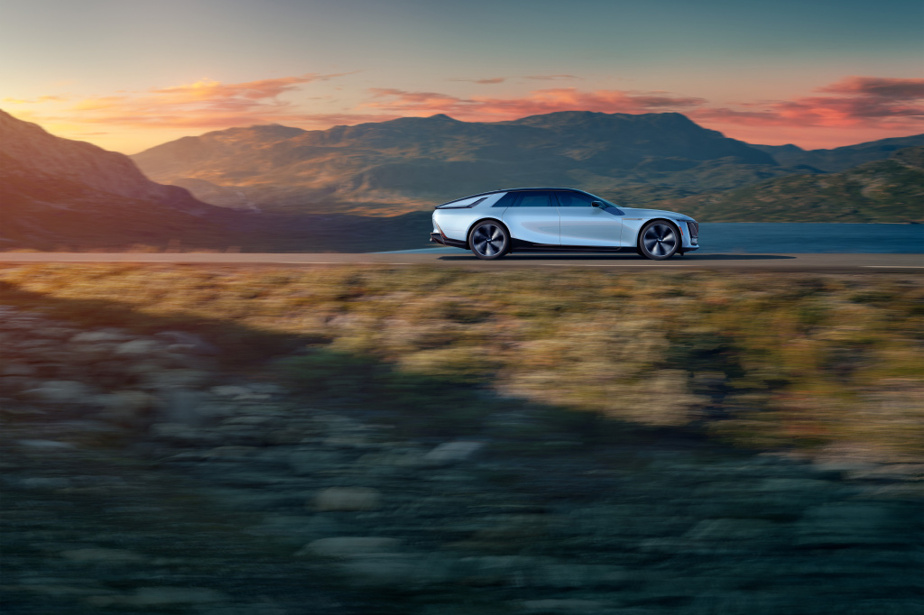As Tesla is embroiled in a recall following the “beta” rollout of its self-driving system, General Motors (GM) has laid out more technical details regarding its upcoming semi-autonomous driving system. The Ultra Cruise, which is a more advanced version of the Super Cruise that is currently offered, promises “safe deployment” in a context where these technologies raise many questions.
Promised on board the large sedan Celestiq, Cadillac’s new electric flagship, Super Cruise is based on a myriad of elements to ensure its safe operation. First, there is a camera placed in front of the driver which can analyze his level of distraction by observing the position of the eyes. Seven high-definition cameras are attached to the front, rear, sides and four corners of the car to detect other vehicles, pedestrians and obstacles that continually present themselves.
Then come the short and medium range radars providing an additional layer of reactivity by allowing the car to be positioned and braked, by detecting in advance any other object and living being and thus making the vehicle react according to their displacement and their speed.
Finally, a laser remote sensing system is also added behind the windshield to make a 3D representation of the environment in which the vehicle is driving. Together with various sensors, this other system enhances safety regardless of weather conditions, GM promises.
Continuous updates will be possible through a cloud infrastructure, a Tesla-like approach. GM estimates that the system will be functional in 95% of cases, and this, on virtually all paved roads in Canada and the United States, no less. It will also be very interesting to test it in a winter context to see how it will perform.
